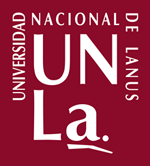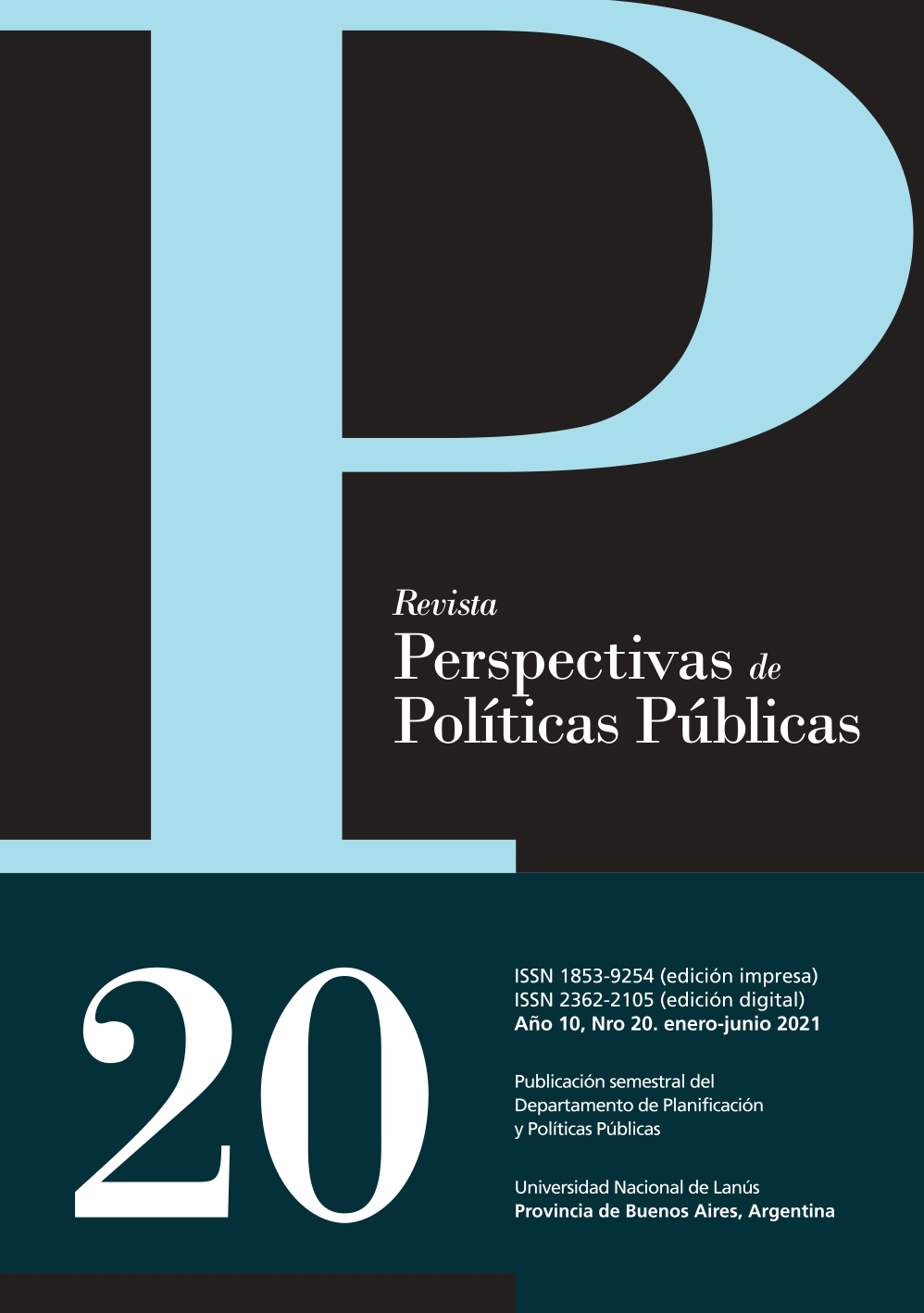Editorial
Abstract
Structures, actors and processes make up the unifying thread of the diversity of themes
specific work on the articles that make up this issue of the magazine.
Several texts point to federalism as a structuring dimension of the Argentine state
in its three jurisdictional levels and the tensions that arise between the level
national jurisdictional and sub-national levels. Niembro, Aristimuño and Del Bello
subject to scrutiny the effective scope of the federalization objective in income to
the career of scientific and technological researcher at CONICET; prove the uneven
achievement of the same and the risks of a return to academicism that marked moments
precedents of the organism. Fernando Rubino compares two experiences of associativism
intermunicipal in the Metropolitan Area of Buenos Aires and its effectiveness as
management tool. Piana and Patiño Jaramillo focus on the organizational structures of
the Public Administration of the province of Buenos Aires during the government of
María Eugenia Vidal (2015-19), highlight the contrast between the official privatization discourse, anti-political,
downsizing of the state and cutting expenses, the reality of growth
of the resources and responsibilities of the agencies taken into account and the increase in
political positions without specific functional involvement. The effective validity of the policy
glacier protection in the provinces of Santa Cruz and Tierra del Fuego allows Ana Paula Lucero to identify and
explain the tensions that arise between a federal political norm of universal application and the provincial interests
derived from their specific endowment of resources and their own development strategies. The coupling between
federal political institutions and processes and provincial regimes is explicit in the analysis of the electoral coalition
building strategy of the UCR in the province of Santa Fe ahead of the 2019 elections, carried out by Ariadna Gallo
and Carolina Pérez Roux.
Since the 1980s, organizations of unemployed workers and residents of precarious communities have witnessed
rapid growth in magnitude organizational, assertive effectiveness and formulation of public policy proposals; they
relativized the formal quasi monopoly of the articulation of interests by political parties and the trade union
movement, contributed to reformulate the conventional articulation between state and civil society. Julia Nesprias
explores the evolution of the villero movement in the City of Buenos Aires in its articulation with the predominant
institutional policies. The article by Maneiro and Núñez describes the process of struggle of the organizations of
workers of the popular economy around the Social Emergency law of 2016, their strategies for building alliances
with a wide range of society and the system political, in an institutional political environment of ruling
neoliberalism.
Finally Feldman and Girolimo analyze the promotion policies of Industry 4.0 in a context of accelerated
technological change, taking as a reference the experiences recent developments in Mexico, Argentina and Brazil
in digitization and automation of Productive processes; draw attention to the need for peripheral economies and
the need to face these challenges so as not to deepen the existing gaps with respect to to the core countries.
An analysis of political and administrative capacities is published in the Documents section
of the state, from the perspective of the State and Public Administration Commission of the
Homeland. This document is included as a contribution to the political-academic debate around the role of the
public sector in promoting development with social equity.
With this number the RPPP reaches its first decade of existence. In these ten years
150 articles and 42 reviews were accepted and published, of the more than 600 originals
received. 69 articles published are by female authorship (46%), 68 by authorship
masculine (45%) and 13 of authorship gender sharing; one sixth comes from
authors affiliated with academic institutions abroad. The variety of your
content, according to the breadth of its call and the wide field of analysis of the
State and public policies, combines academic quality according to standards
with the commitment to the substantive values that inspire and guide the
National University of Lanús.






